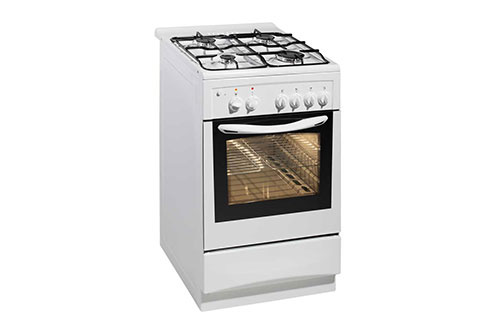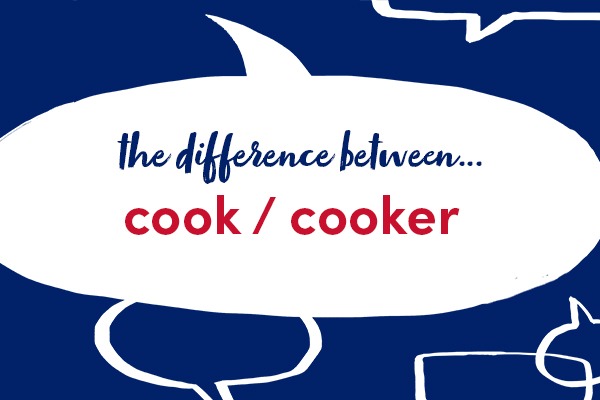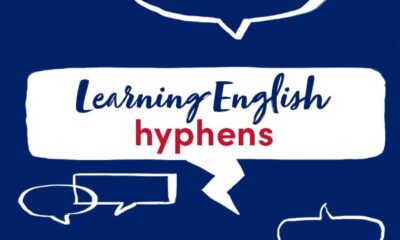This week we are looking at two words which are sometimes confused: cook and cooker.
cook

A cook is a person whose job is to prepare and cook food, especially in someone’s home or in an institution.
They had a butler, a cook, and a maid.
You can also describe someone’s ability to cook by using cook with an adjective. For example, you can say that someone is a good cook or a bad cook.
Peter is an excellent cook.
cooker

In British English, a cooker is a large metal device for cooking food using gas or electricity. A cooker usually consists of a grill, an oven, and some gas or electric rings.
I prefer to use a gas cooker.
In American English, this machine is called a range.
Can you cook fried chicken on an electric range?
Find out more in our English Usage article.
This blogpost is based on Collins COBUILD English Usage, written for learners of English. For more examples of English usage points, please visit: https://grammar.collinsdictionary.com/english-usage.
All opinions expressed on this blog are those of the individual writers, and do not necessarily reflect the opinions or policies of Collins, or its parent company, HarperCollins.



